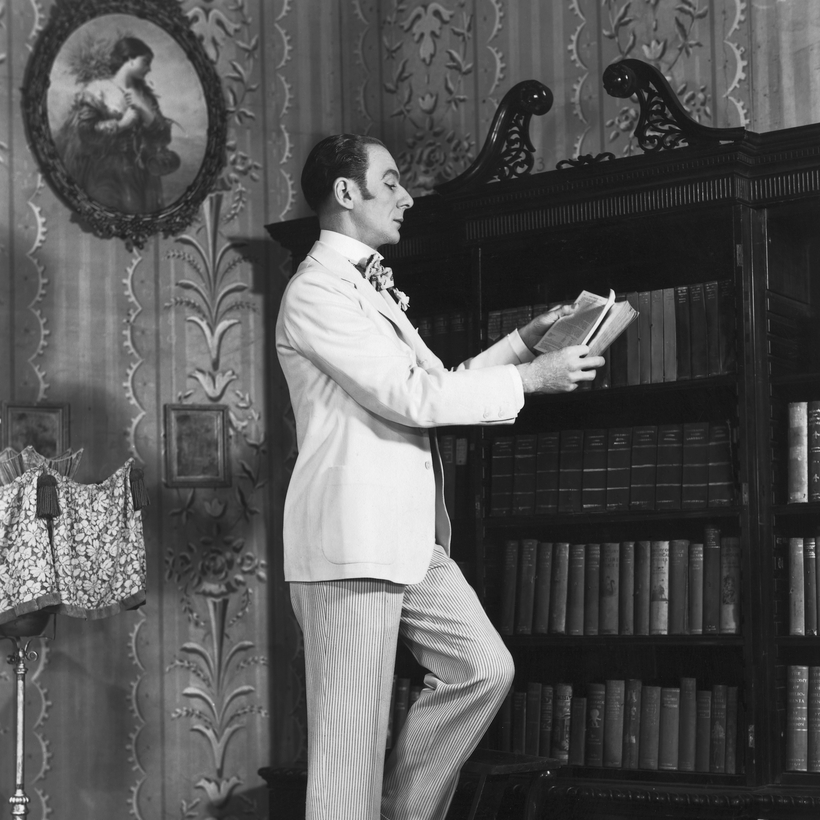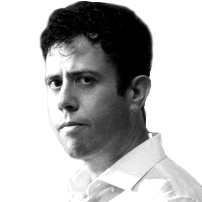The English writer Rupert Croft-Cooke was onto something when he observed in 1963 that “we are one of the world’s most homosexual races.” My own sense is not that the British are more prone to homosexuality than other peoples but rather that gay men have long been vastly over-represented among Britain’s elite. From the world of letters (Oscar Wilde, Nöel Coward, W. H. Auden, E. M. Forster) to the theater (John Gielgud, Alec Guinness, Ian McKellen, Derek Jacobi) and pop music (Elton John, Freddie Mercury, George Michael), they have contributed far more than what their relatively tiny numbers would suggest.
The question is: Why? The homoerotic subculture of single-sex boarding schools, a frequently cited reason, fails to account for the prevalence of a human quality more nature than nurture. Maybe it’s just something in the Thames. Whatever the cause, Some Men in London, Peter Parker’s kaleidoscopic, two-volume anthology of postwar British gay life, reinforces the impression that the U.K. is exceptionally gay.


